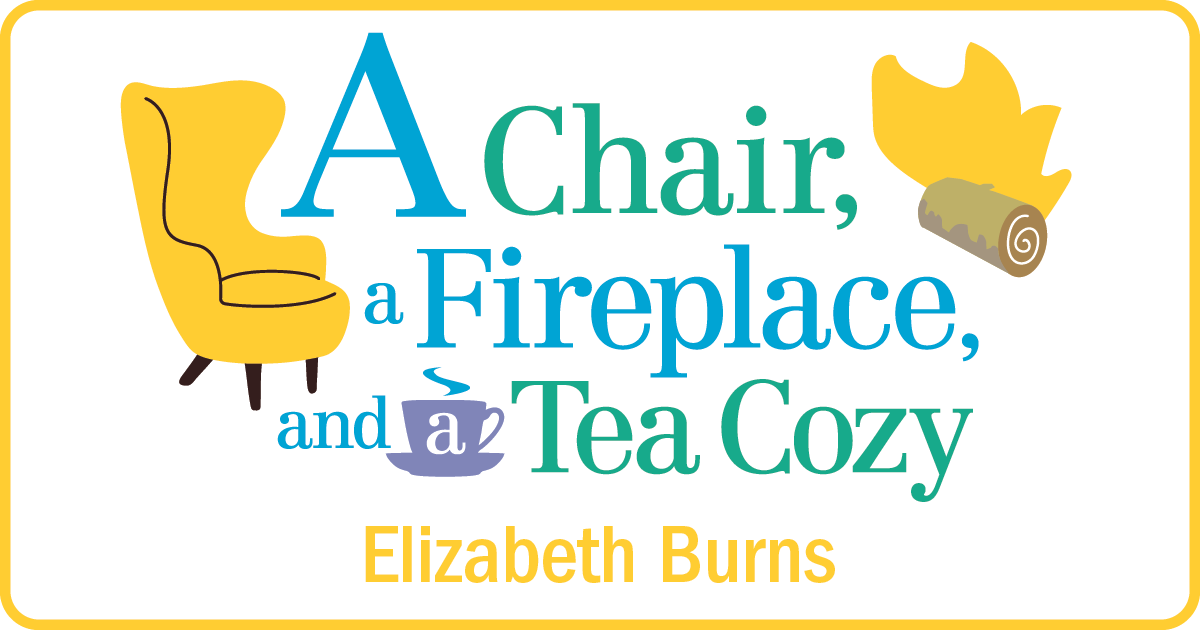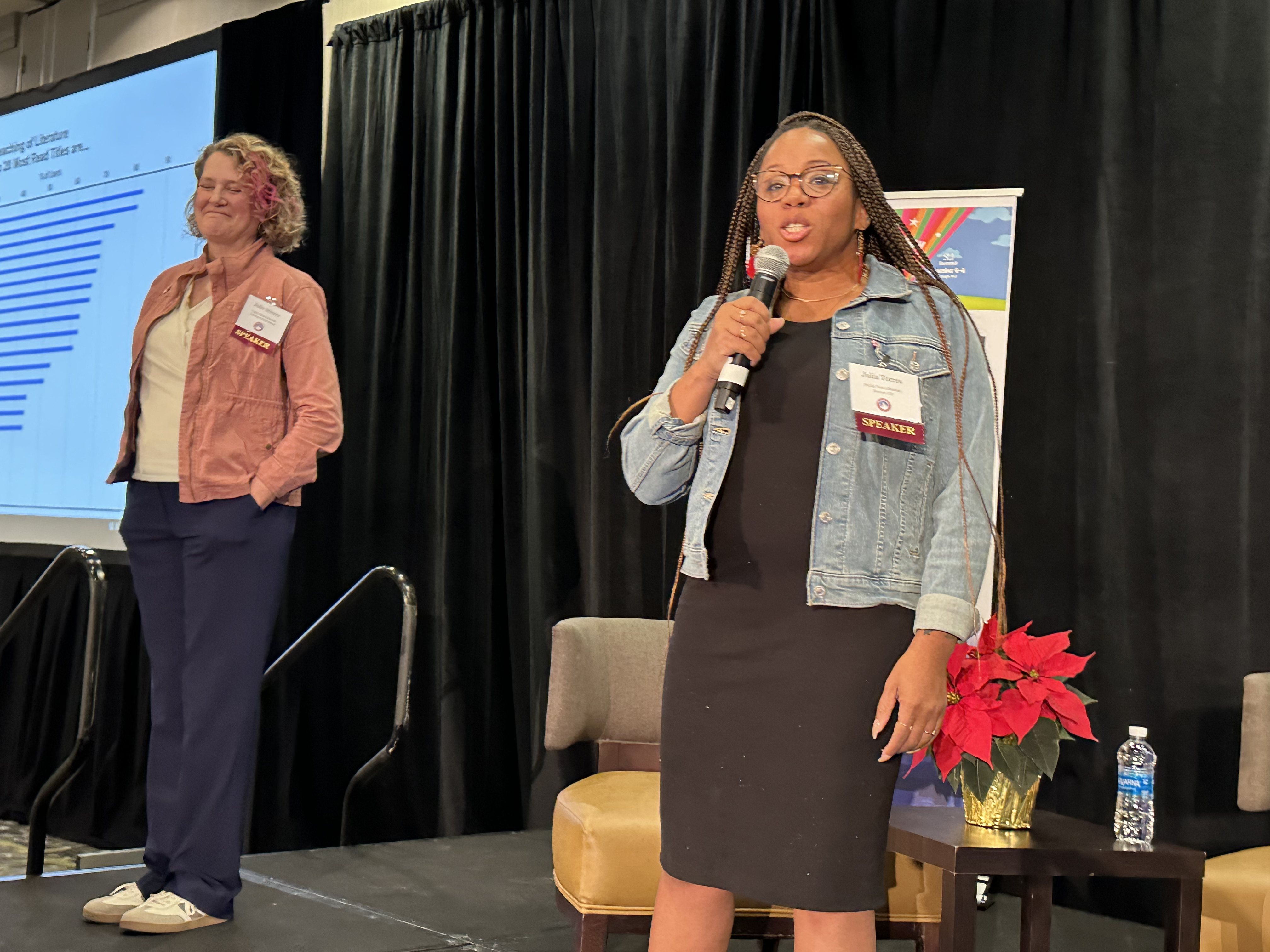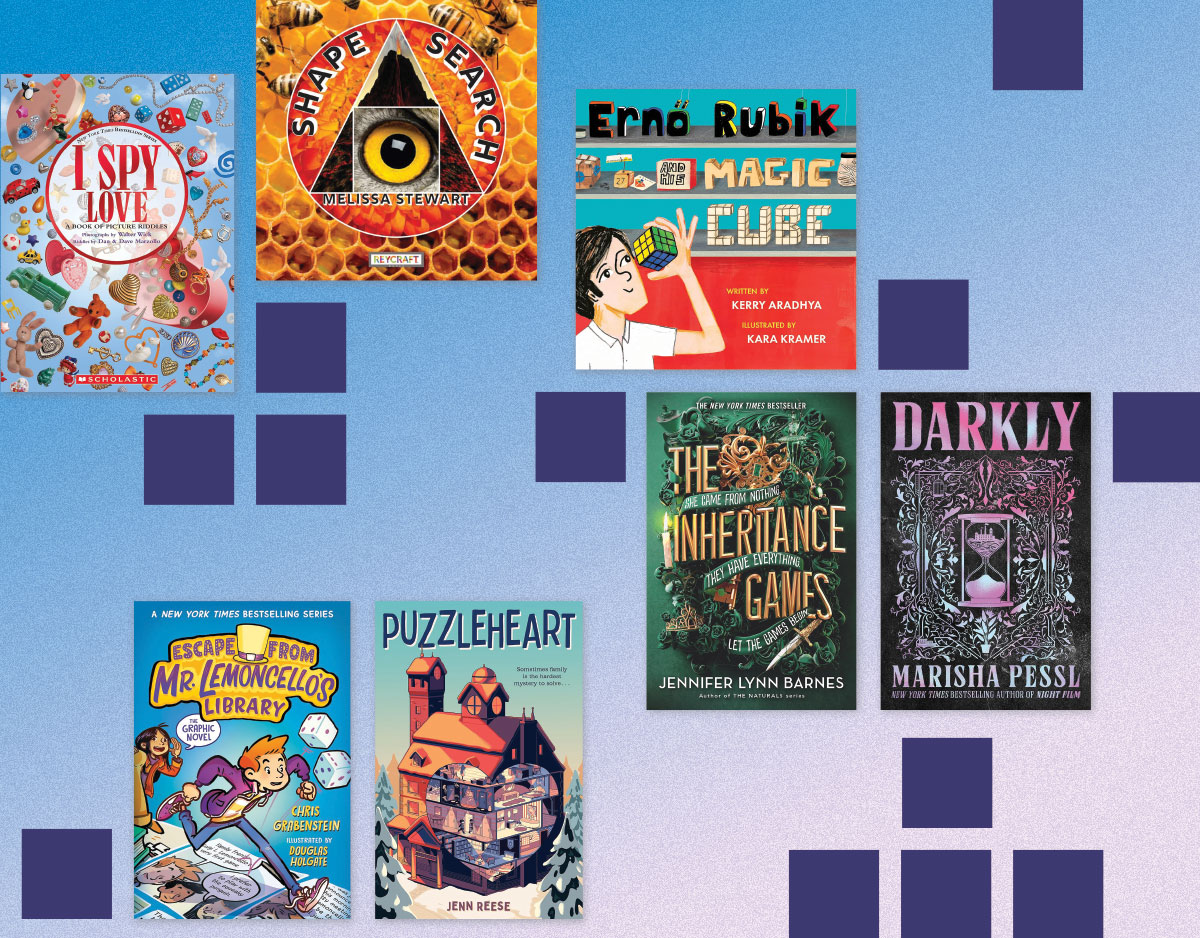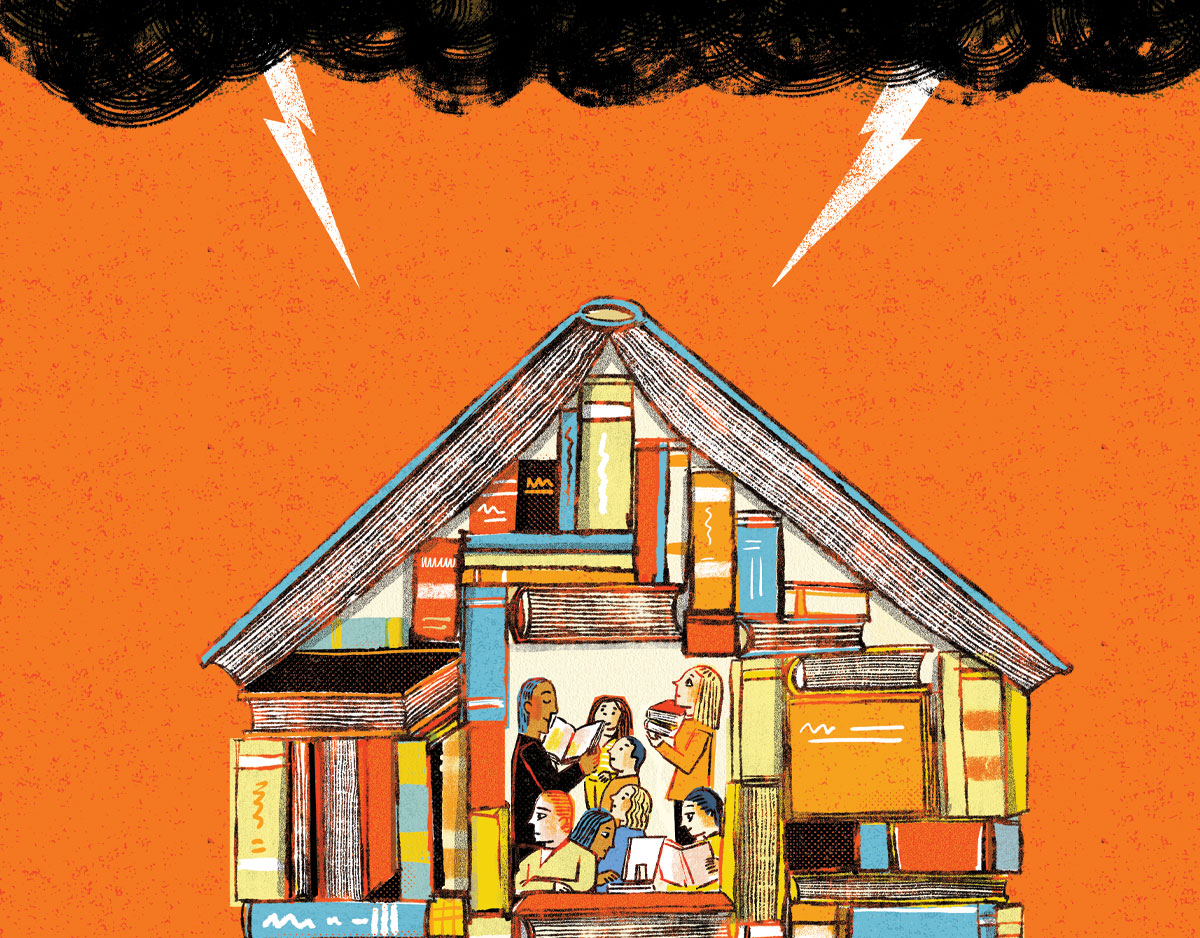SCROLL DOWN TO READ THE POST
Review: The Chocolate War
The Chocolate War by Robert Cormier. Random House. 1974. (over the years, many reprints and imprints!) Library copy.
 The Plot: Trinity is a school ruled by an elite clique, The Vigils, and the person who runs that clique is Archie Costello. Archie creates “assignments” for his fellow students: various stunts and pranks.
The Plot: Trinity is a school ruled by an elite clique, The Vigils, and the person who runs that clique is Archie Costello. Archie creates “assignments” for his fellow students: various stunts and pranks.
Jerry is a freshman, new to Trinity. Archie’s assignment to Jerry is simple: say “no” to the school fundraiser. Say “no” to selling chocolate.
Archie is a master manipulator, a puppet master. At the same time he’s telling Jerry not to sell chocolates, he’s told the teachers that he’s going to get The Vigils to make this the best chocolate sale ever. His fellow Vigils aren’t too thrilled with Archie.
ADVERTISEMENT
ADVERTISEMENT
After two weeks, Jerry is supposed to say “yes.”
Except he doesn’t. He continues to say “no.” Archie isn’t pleased: it’s his school, his group, his assignment, and people do what Archie wants them to do.
Who will win this battle of wills?
The Good: I’ve shared my reader reaction to The Chocolate War (CChapters One to Ten; Chapters Eleven to Twenty; Chapters Twenty One to Thirty; Chapters Thirty One to Thirty Nine).
Now that you’ve read that, what do you think I’ll say?
There was much I really liked about The Chocolate War. I liked Archie; not in that “I want to be his friend” way that sometimes people talk about when talking about characters. No; rather, I like how clearly Archie’s character is drawn. He is a manipulator; he is the smartest person in the room; he totally lacks any empathy. He’s either going to be the head of a large corporation or a serial killer. Archie may end up being extreme in how he treats people, but at the same time, there is an honesty in him and his observations that I found refreshing.
The Chocolate War is told through multiple viewpoints, primarily Archie and Jerry, but when people talk, oh, it’s mainly about Archie. For this reason, it’s Archie that seems the main character, even though when I think back there is little that is said about Archie. Nothing is said about his parents or his siblings. What is shown is Archie’s view of the world: what he thinks of others. How he uses them. How he sets them up. The Chocolate War is tightly focused on this one area of Archie’s life, The Vigils and the chocolate sales, as if that is all Archie is.
Jerry is supposed to be the main character. He starts the book; he takes the noble stand, of not selling chocolates. The reader is given a glimpse at Jerry’s life outside of school: a dead mother, a busy father, a girl he may like. And yet, when it comes to one of the most critical points in the book — Jerry being assigned to say “no” and saying “no” — Jerry is absent. His viewpoint isn’t shared. We don’t go back into his head until he decides to say “no” after Archie tells him to say “yes.”
Tells him.
No, rather, asks him. As other Vigils observe, Archie makes a misstep when asking Jerry to sell the chocolate. But does he? Archie’s view of people and motivations and what they do is such that I can see Archie leading Jerry to a place of “no.” And this is part of what I found so terrific about The Chocolate War: because of the disjointed voices telling the story, because of Archie, because of how it begins and how it ends, there is so much to talk about and discuss.
On big discussion point is how Archie sets others up; how he views the world, his manipulations. I’ll be honest (well, why not, it is my review), in that up until the last few chapters I had some sympathy for Archie. Part of that is because I liked his observations. Pushing myself to be honest – yes, I’ll confess to having a bit of Archie in me. Until I got to the end, and Archie showed no empathy or guilt. I found this an interesting choice, because I think there is something good and true about having a book show us a mirror of the darkness that can exist in people, including ourselves. It shows us those dark impulses or knowledge isn’t something that we alone have. It’s a common guilty secret, not a unique one.
The violent end of The Chocolate War is a caution, not against the darkness in others but the darkness in ourselves. Yet, despite Cormier being the King of Hopeless, he gives us a reason to hope. By making Archie a sociopath without remorse, the reader, who is shocked by the end, who is feeling empathy, can say to themselves, I’m better than Archie because I wouldn’t go that far. I would feel terrible.
ADVERTISEMENT
ADVERTISEMENT
Part of what there is to discuss involves reading The Chocolate War in 2013, not in 1974, or not when I was a teenager. I’m not sure why I didn’t read it when I was a teenager. Readers of this blog know that I read YA books back in the day, so it wasn’t that I wasn’t interested in YA books. I don’t remember making the decision not to read it.
As an adult reader, in 2013, I really disliked the way women were portrayed. Not the adults – no, I get the casual dismissal of adults, their lives and choices. In that way, The Chocolate War is classic YA. No, it’s the way the teenage boys look at teenage girls. They are all objects: sources of masturbation fantasy, things to be looked at. The two girls who get names are Rita and Ellen: unlike the boys, their viewpoint is never shared. Rita, while only fourteen, is a quid pro quo girl who is older than her years. She grants kisses and more based on what her boyfriend buys her. When Ellen steps out of the fantasy Jerry has painted by both not knowing who Jerry is and using a word he dislikes, she becomes someone he doesn’t want anymore. She becomes a lesser being, not good enough for him.
Frankly, it’s disturbing; and especially disturbing because there is no counterpoint. Most of the Trinity boys turn out to be rotten, but they all aren’t. We’re shown various backgrounds and motivations, fears and hopes and dreams. The girls don’t have this: they exist only in how the boys view them. And how the boys view them, well, they aren’t viewed whole. I wonder, if I had read this as a teenager, what would I have thought? Would I just have been swept away by the portraits of Archie and Jerry and the terrible things that happen? Would I not have noticed?
I don’t think that the portrayal of women makes The Chocolate War a bad book. No; it makes the conversation about it more nuanced. Is this about the world in 1974? Or is it equally true in 2013?
So my conclusion? The Chocolate War ended up being a Favorite Book Read in 2013.
Filed under: Favorite Books Read in 2013, Reviews
About Elizabeth Burns
Looking for a place to talk about young adult books? Pull up a chair, have a cup of tea, and let's chat. I am a New Jersey librarian. My opinions do not reflect those of my employer, SLJ, YALSA, or anyone else. On Twitter I'm @LizB; my email is lizzy.burns@gmail.com.
ADVERTISEMENT
SLJ Blog Network
READ! What’s New in the READ Poster World in 2025
First Look! : A Peek Into Alberto Salas Plays Paka Paka Con La Papa
RuriDragon, vol. 1
Take Five: January 2025 Middle Grade Novels
The Classroom Bookshelf is Moving
ADVERTISEMENT
ADVERTISEMENT







